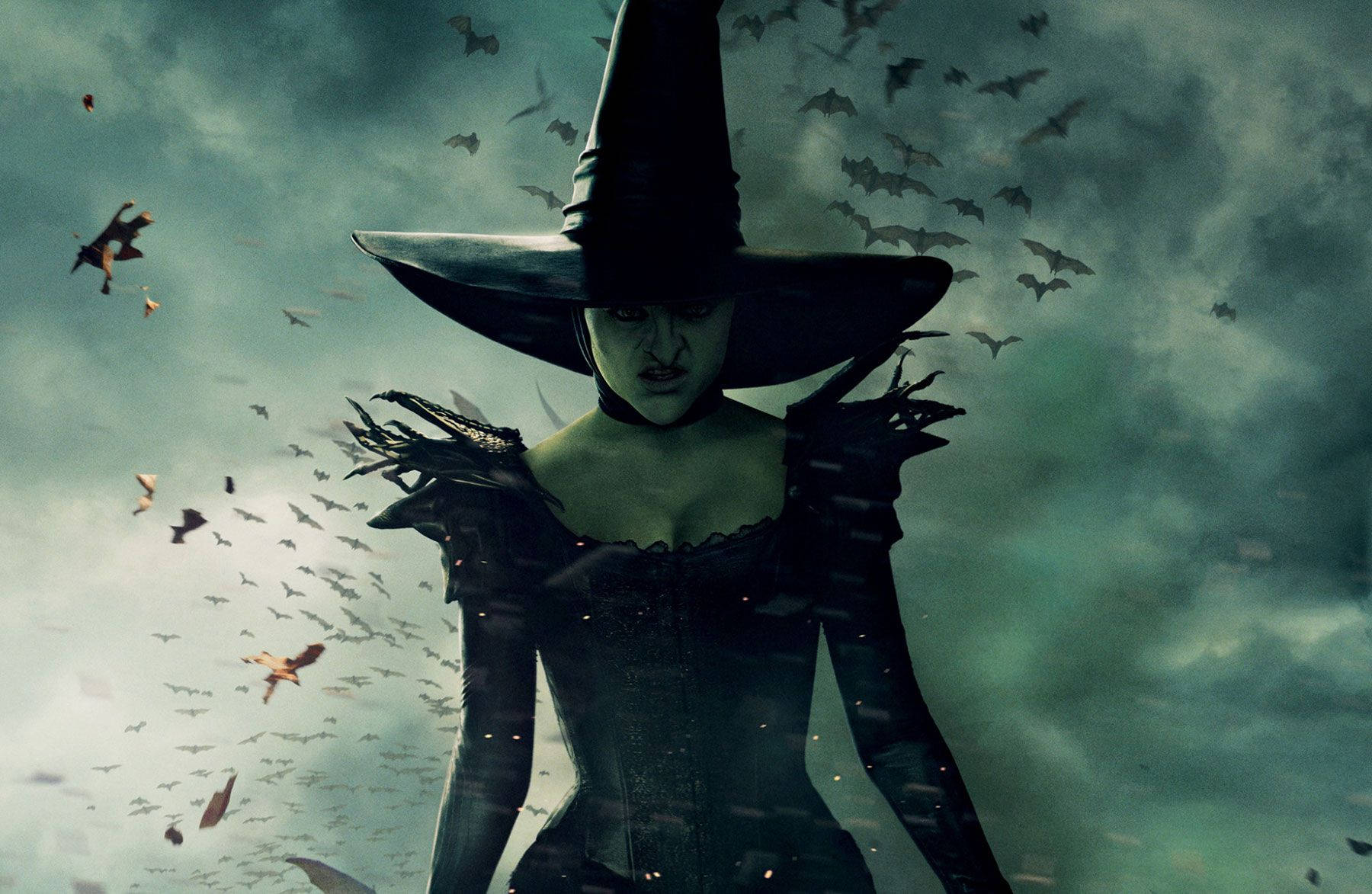
FAQ About Magic in the Middle Ages
Magic in the Middle Ages
2 years ago | gizem
What were the connections between magic and religion in medieval times?
In medieval times, the connections between magic and religion were intricate and often blurred. Magic and religion were not distinct and separate categories but were closely intertwined, influencing each other in various ways. Here are some key connections between magic and religion in the medieval period:
- Magical Practices within Religious Contexts: Many magical practices were performed within religious settings. Rituals, incantations, and charms were often used in religious ceremonies and liturgies to invoke divine blessings, protect against evil, or heal the sick. These practices were seen as ways to access the supernatural and divine realms.
- The Role of Clergy in Magic: Some members of the clergy were involved in magical practices. They might use protective amulets or perform blessings and exorcisms to counteract malevolent influences. Certain magical practices were considered acceptable for clerics, while others were condemned.
- Incorporation of Pagan Beliefs: Medieval Christianity absorbed elements of earlier pagan beliefs and practices, including magical rituals and superstitions. Many folk customs and traditions that had magical connotations were assimilated into Christian festivals and celebrations.
- Use of Religious Symbols in Magic: Magical practices often incorporated religious symbols, such as crosses, holy water, and relics. These symbols were believed to possess potent protective and healing powers.
- Divine Intervention in Magic: Magical practitioners often sought divine intervention and assistance in their practices. They might invoke the names of saints or angels, or use prayers and invocations to access spiritual forces for magical purposes.
- Astrology and Religion: Astrology, a form of divination based on the belief that celestial bodies influence human affairs, was widely practiced in the medieval period. Astrology was often integrated into religious contexts, and astrological charts were consulted for various religious events and decisions.
- Magic as a Part of Religious Education: Some theologians and religious scholars studied magic and occult subjects as part of their quest to understand the mysteries of the universe and reconcile magical beliefs with Christian theology.
